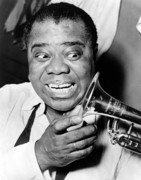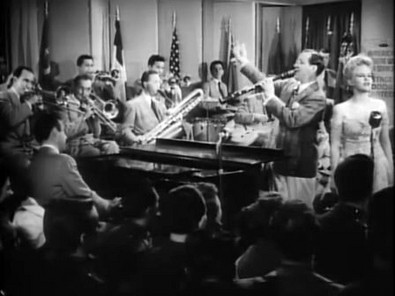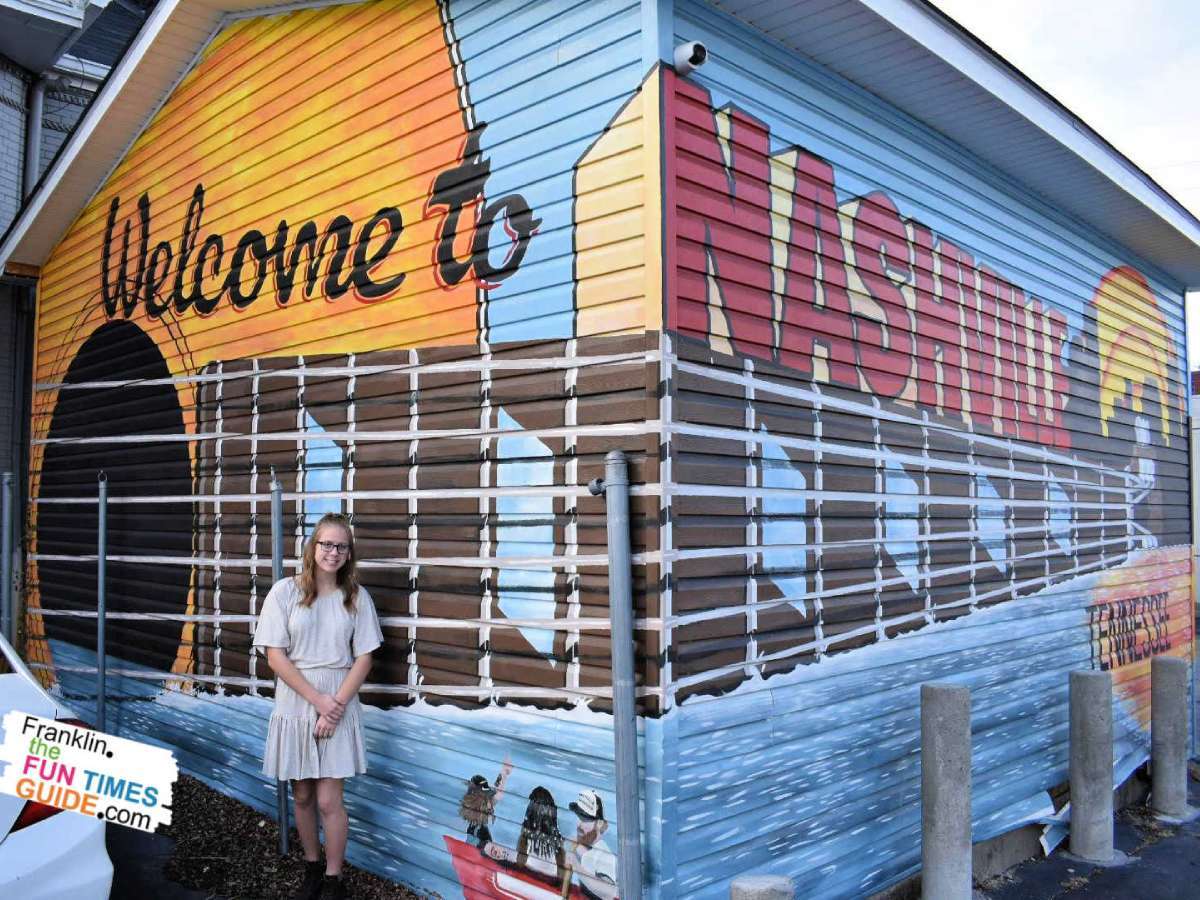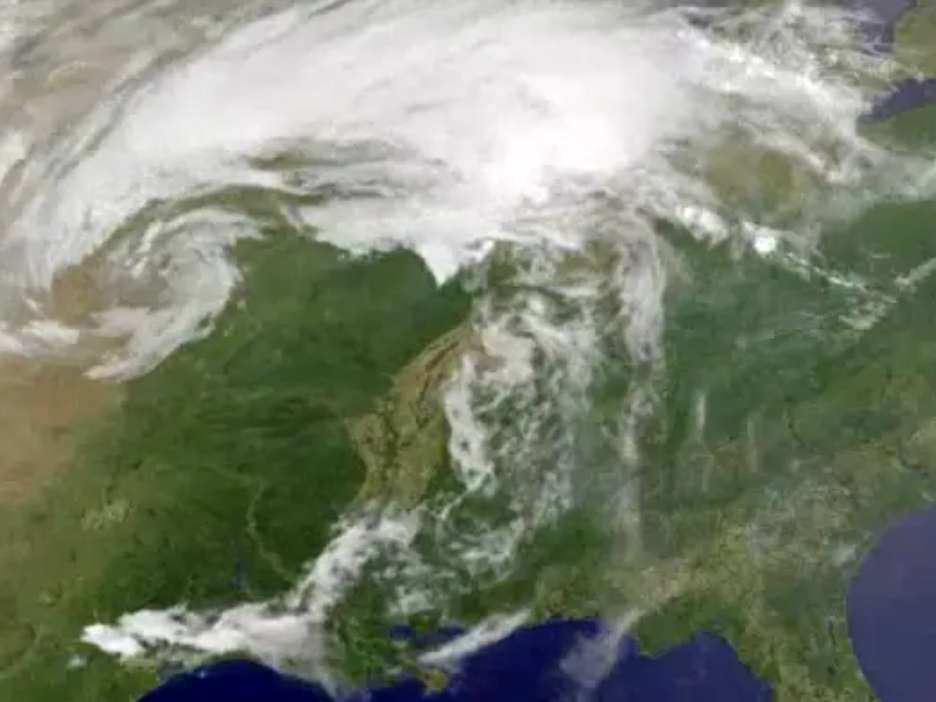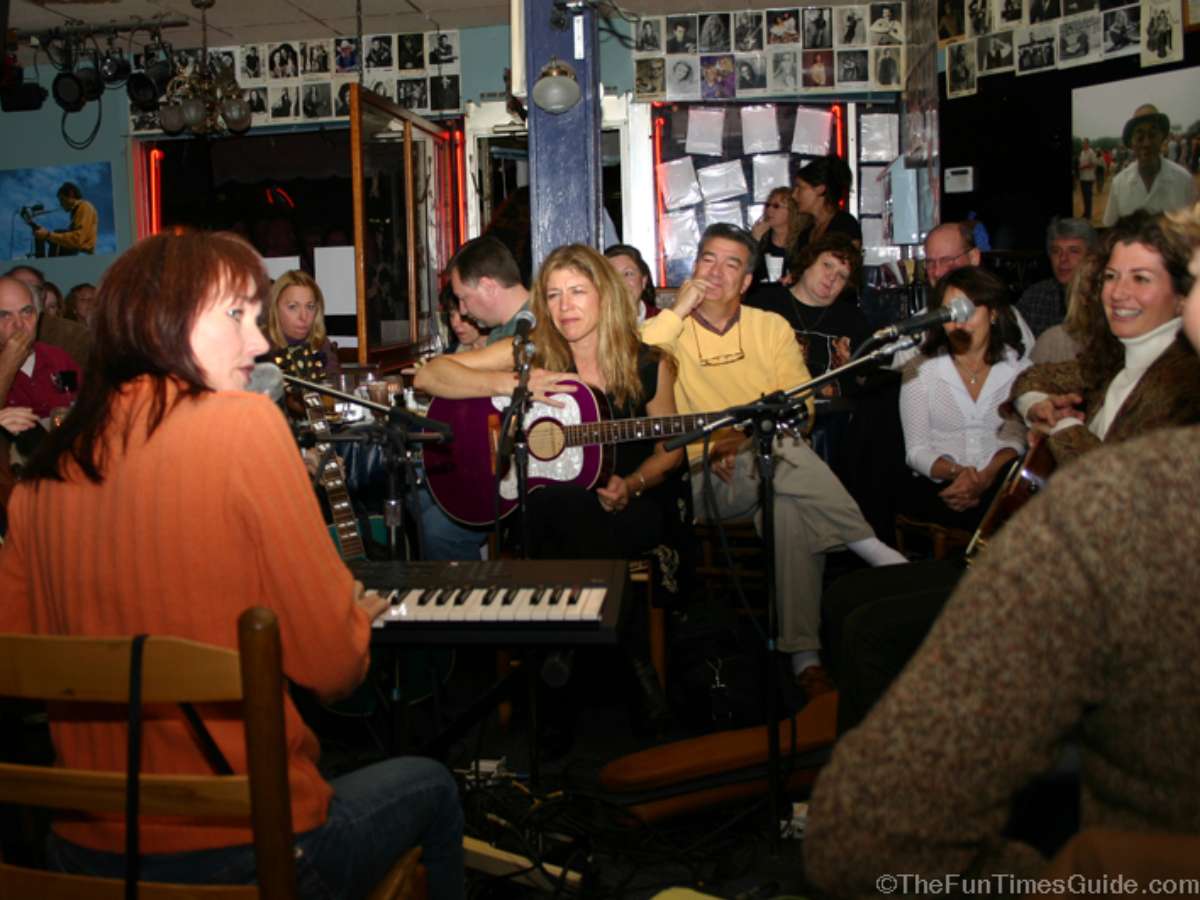Be careful you don’t ask that question with two different jazz fans in the room, they might come to blows!
Musicians, critics and fans have been fighting over the definition of jazz since its inception in New Orleans back in the 1920s.
The disputes have continued all the way up to today: you can still find trumpeter Wynton Marsalis fighting for a traditionalist approach (“It’s black music, and it’s gotta have that swing!”) and Pat Metheney taking an anti-commercial approach (“Kenny G is not jazz!”), to say nothing of way-out groups like The Thing (“Jazz is whatever we say it is!”).
I say all this to emphasize that any particular definition of “jazz” is going to have people who disagree with it. Let me also state my bias up front: I write this listening to dissonant dueling saxophones that are agitating my cats.
If we’re going to define what jazz is, though, it’s safest to look at the history of the music. Here’s a (very) quick lesson in the first 40 years of jazz.
In the early part of the 20th century, a vibrant “hot music” scene coalesced around some major figures in New Orleans. Louis “Satchmo” Armstrong and his contemporaries were taking the brass-band format used by military dance bands and adding a crucial element: improvisation. As the optimistic “jazz age” roared to life in the 20s, band leaders like Bix Beiderbecke and Satchmo led mid-sized ensembles of brass & wind that kept people on the dance floor.
By the 1930s the “collective improvisation” of early jazz had given way to the Swing era, when ever-bigger and ever-flashier jazz orchestras prominently featured soloists who improvised short solos over lush backing laid down by the enormous bands behind them. Like music from the early jazz period, Swing music’s main purpose was to keep you dancing (and the Benny Goodman & Count Basie bands sure kept you dancing!), but an occasional solo was allowed.
By the time of World War II, incredible players like Coleman Hawkins and Lester Young were tired of being confined to short solos in big bands. In small after-hours jam sessions they played the roles of elder statesmen to a new generation of players who wanted to stretch out and make heady “art” music.
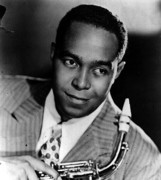 The results were controversial: you definitely couldn’t dance to Charlie “Bird” Parker‘s revolutionary Bop style. But when Dizzy Gillespie & Bird hit the stage together, the magic was undeniable and jazz was changed forever. On the West Coast, impressed by Bird’s music but intimidated by his technical mastery, Miles Davis & Gerry Mulligan were taking Bird’s bop and turning down the heat to create the Cool style.
The results were controversial: you definitely couldn’t dance to Charlie “Bird” Parker‘s revolutionary Bop style. But when Dizzy Gillespie & Bird hit the stage together, the magic was undeniable and jazz was changed forever. On the West Coast, impressed by Bird’s music but intimidated by his technical mastery, Miles Davis & Gerry Mulligan were taking Bird’s bop and turning down the heat to create the Cool style.
By the 50s, with big bands still popular and Bop a critical success but an ahead-of-it’s-time commercial failure, jazz bandleaders like Art Blakey & Horace Silver were injecting elements of gospel into their bop compositions to create a soulful hybrid we call Hard Bop.
And then everything went nuts. Lots of people will tell you that the insular, airy records made by the likes of Wayne Shorter and Herbie Hancock (see, for example, Speak No Evil or Maiden Voyage) during the 1960s are the “last” jazz albums. These people completely ignore what came after hard bop: the “no rules” Free Jazz of Ornette Coleman & Cecil Taylor. Other people might say that music in the free tradition is the only jazz left, but those people would be ignoring the fact that plenty of jazz artists got scared away by the noisy “free” racket, picked up electric instruments, and started making Fusion, a fusion (surprise!) of rock and jazz. And of course you’ll find plenty of people who’ll tell you that none of that stuff is jazz.
![]()
Me? I think it’s all jazz, and I think it’s all great. I hope you’ll stick around here as I delve deeper into the rich history of this wonderful music. I’ll show you the important stuff, dig up some lost treasures, and hopefully expose you to something you like. There’s a whole lot of jazz out there, and I’m just getting warmed up.


